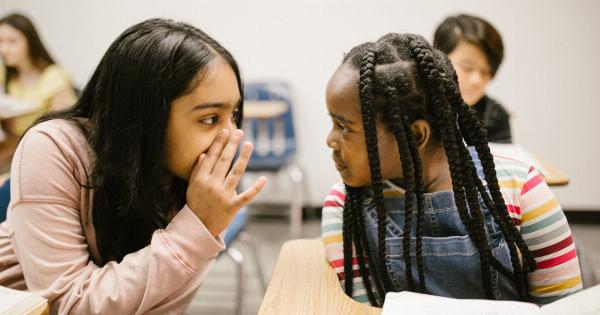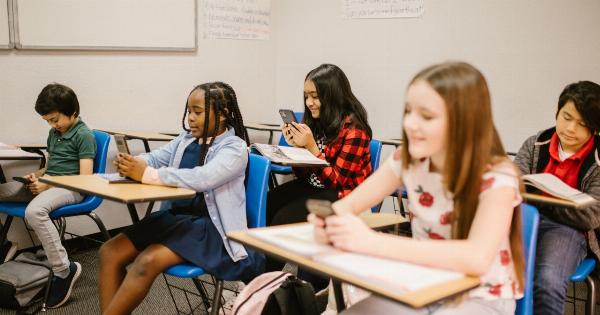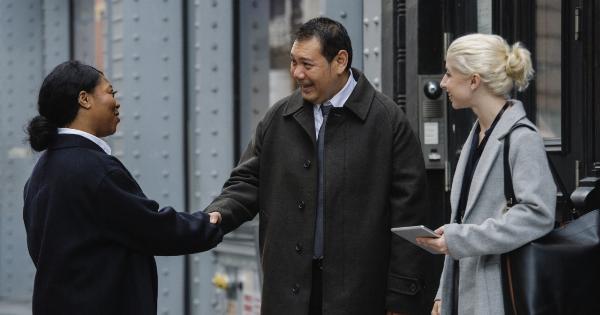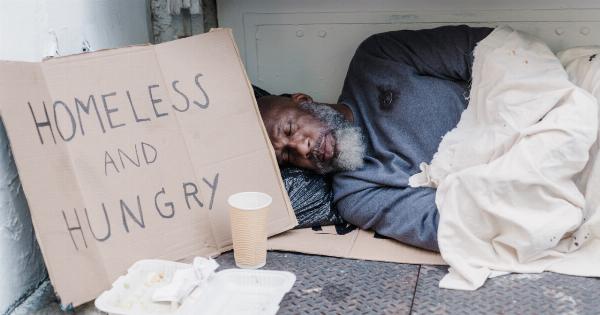Bullying has been a major ongoing problem in schools and society for several years, and its effects can be detrimental.
Children who experience bullying often experience long-term psychological and physical damage and are more likely to experience depression and anxiety. Children who bully others are also more likely to suffer from behavioral problems and experience difficulty handling and resolving conflicts.
Antonia Torrens is a licensed psychotherapist and author of the book “Bully-Proof Kids: Practical Tools to Help Your Child to Grow Up Confident, Resilient and Bully-Proof.” Torrens has extensive experience in working with children and families affected by bullying. She has devoted the last two decades of her career to help create solutions to prevent bullying effectively.
The Importance of Understanding Bullying
The first step in preventing bullying is to understand the patterns of behavior that lead to it in the first place. Torrens believes that bullying behavior is often rooted in feelings of low self-esteem and inadequacy.
Individuals who feel that they lack control over their lives or who are struggling with personal issues are more likely to use bullying as a way to feel more powerful and in control.
Unfortunately, parents and educators often ignore the signs of bullying, thinking that the child or student is just going through a phase. But it is important to recognize the seriousness of bullying behavior.
By taking it seriously, parents and educators help the child understand the severity of bullying and consequences of bad behavior. This can lead to an increased awareness of how actions affect others and help the individual develop empathy and compassion.
Effective Strategies in Bully Prevention
Torrens emphasizes that a preventative approach is key in reducing bullying. Parents and educators have a responsibility to cultivate an environment in which bullying is less likely to occur.
One effective strategy is to foster an environment of communication where children feel comfortable speaking up about issues they encounter and reporting incidents of bullying. The result is a safer and more welcoming environment for everyone.
Another effective strategy is teaching kids self-confidence and resilience. By helping kids feel better about themselves, they are less likely to be bullied. Teaching kids life and coping skills boost their confidence after a negative experience.
They feel empowered when knowing how to handle and respond when facing bullying and negative interactions.
Building Support Systems
Children who are bullied often feel isolated and alone. It is important to create support systems for them where they can feel safe and valued. This could be their parents, a teacher, counselor or trusted family or community member.
Providing support and showing concern, can help them cope with their experience and recover quickly.
Torrens emphasizes the importance of creating a culture of inclusion where differences are celebrated and everyone is treated equally.
Students feel encouraged to show kindness and respect towards others from diverse backgrounds and different abilities.
Conclusion
Bullying is a serious issue that needs to be addressed immediately. Children who experience bullying or are exposed to bullying behavior require compassion, support, and guidance.
Parents, educators, and the community at large have a responsibility to help build a safe and supportive environment that can stamp out bullying. Antonia Torrens’ approach, which includes preventing bullying through fostering communication, self-confidence, resilience, building support systems and promoting inclusion, can help kids grow up to be confident, resilient and bully-proof.




























